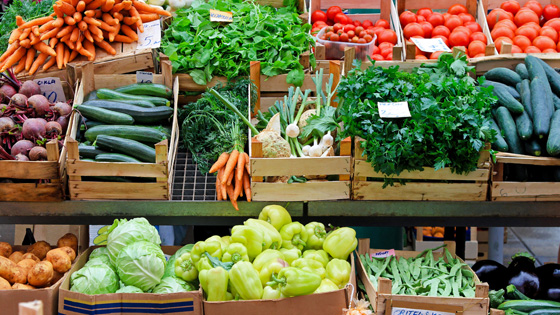Last blog talked about what foods work best on the fly. This week I ask the question: What fruits and vegetables are best organic? Here are some answers.
Last Spring, the YWCA invited a holistic nutritionist, Wendy Akune, to talk at one of their many excellent lunch-and-learns. She talked about using the right kind of oil to cook with (Nutivia Organic Coconut Oil) and introduced a healthy sugar called Whole Foods Fancy Molasses. Both excellent products have proven to be most effective in the ongoing plan to refine and define an eating plan that continues to work.
Ms. Akune also handed out a postcard (see below) called The Grocery Hit List.
This is a handy list to have when shopping. To find out more about what foods to buy organic, and holistic eating in general, go to revivemn.com.
These foods are best to buy organic (if you can):
- apples
- cherries
- green beans
- bananas
- leafy greens
- potatoes
- grapes
- bell peppers
- milk
- peaches
- cucumbers
- animal protein
- strawberries
- celery
- soybeans
These are foods are least impacted by pesticides, and thus are not as important to be organic as the above set:
- melons
- kiwi
- sweet peas
- grapefruit
- avocados
- onions
- pineapples
- asparagus
- sweet potatoes
- mangoes
- cabbage
- eggplant
These foods should be avoided whenever possible:
- MSG ( monosodiumglutamate)
- Aspartame (Equal, NutaSweet, Spoonful, Equal Measure)
- High Fructose Corn Syrup
- Hydrogenated Soybean Oil
- Artificial Dyes (yellow #5, red#3 and #40, tartrazine
Seeing as Summer and Fall are the best seasons to find local organic fruits and vegetable, it’s good to take this handy list with you when you shop.
If you live in Vancouver, check out this list of local Farmer’s Markets. Most run till late October.
Wherever you live, check for your local farmer's market.
